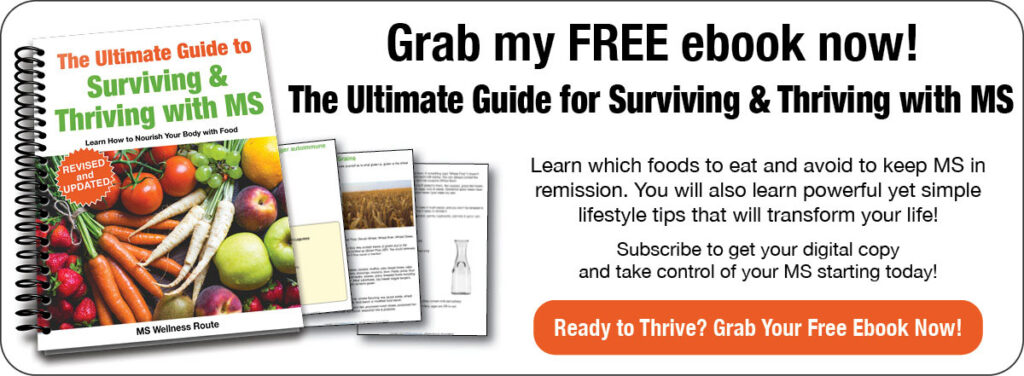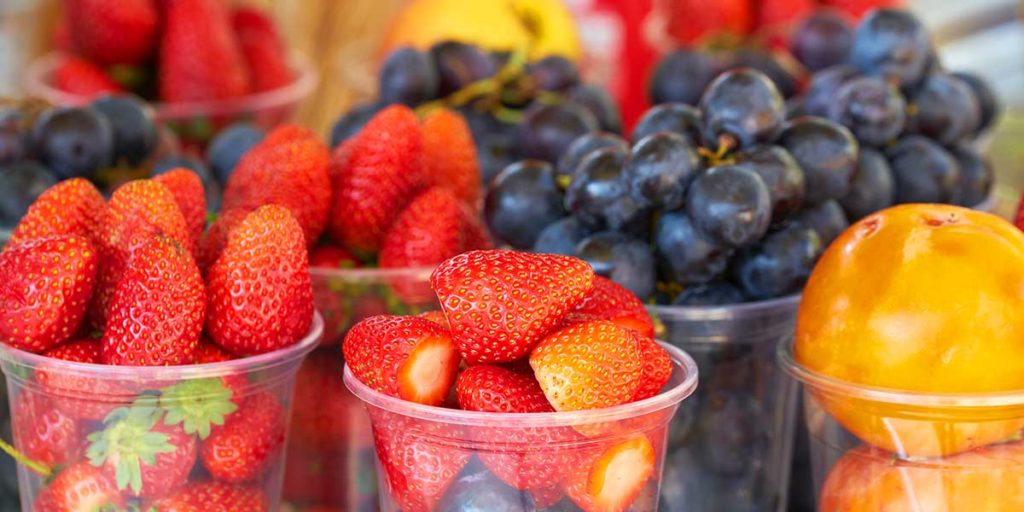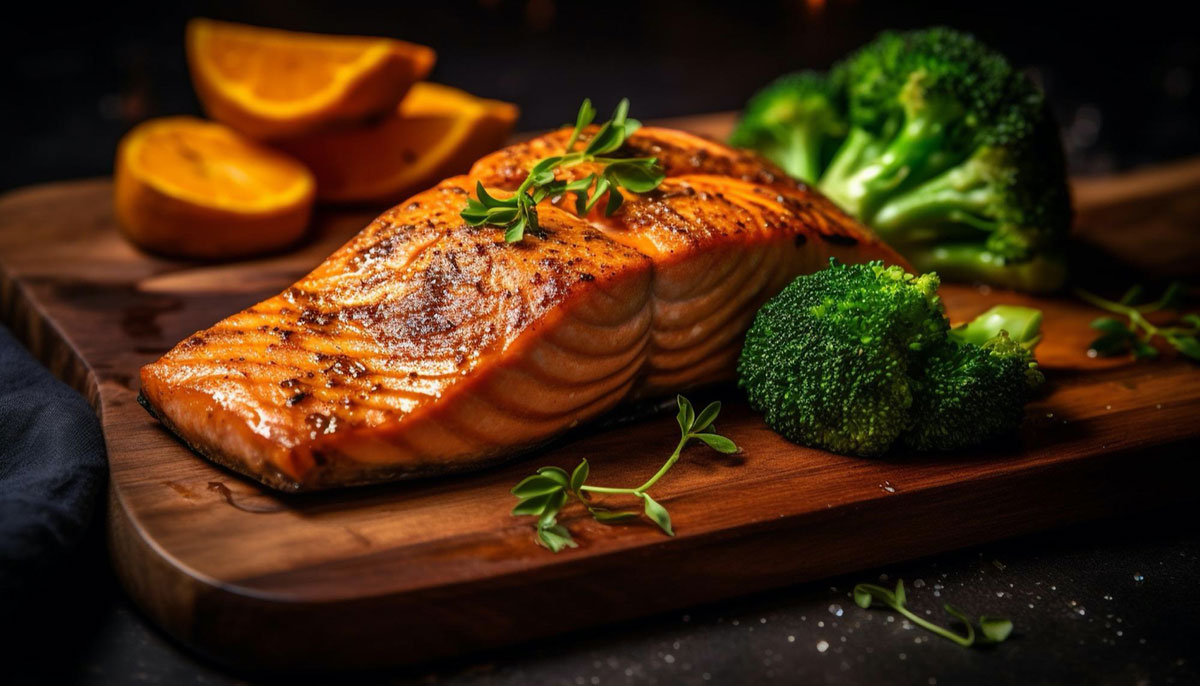Last Updated on March 27, 2024 by Cathy

Multiple sclerosis (MS) is a chronic inflammatory disease. The cause is unknown but many MS patients suffer from various forms of malnutrition. Your body needs vitamins and minerals to be healthy. Eating a nutrient-dense diet will lower inflammation so your body can heal.
“We found that MS patients consumed a more limited diet compared with the healthy group… This study points to a possible correlation between nutritional status and MS.” – PubMed
Studies emphasize the need for nutritional support in MS patients.
So why don’t doctors test their MS patients for malnutrition? Why don’t they have their patients visit a dietitian?
The answer…
Doctors are not trained in nutrition so they don’t look at nutrient deficiency as a possible cause.
The key is eating a nutrient-dense diet.
“Nutrition is considered to be a possible factor in the pathogenesis of the neurological disease multiple sclerosis (MS).” – PubMed

The Wahls Protocol
Dr. Terry Wahls was one of these doctors until her diagnosis of MS. As her disease progressed she decided to take her health into her own hands. The more she studied the more she became convinced nutrition was the answer.
After changing her diet to a nutrient-dense diet she saw incredible improvements. She was able to stop using her zero-gravity wheelchair. At five months, she was able to ride her bicycle again. At nine months she rode 18 miles on her bike.
Her book, The Wahls Protocol, is a paleo-based diet with an emphasis on vegetables. She recommends eating nine cups of vegetables each day. If you haven’t read the book I highly recommend you do.
Dr. Wahls recommends eating three cups of each:
- Leafy greens
- Sulfur-rich vegetables (cruciferous)
- Bright color
Three cups is a dinner plate heaped high. Start with leafy greens, which are high in vitamins A, B, C, and K. Vitamins A and C support your immune cells. B vitamins protect your brain cells. Vitamin K helps to keep your blood vessels and bones healthy.
Next, add colorful vegetables like beets and carrots. Radishes are white on the inside so they are not considered colorful vegetables. But, radishes are sulfur vegetables so they would fall into that category.
Leafy green vegetables have powerful nutrients that are critical for good health.
Leafy greens:
- Arugula
- Beet greens
- Chard
- Collard greens
- Dandelion greens
- Endive
- Kale
- Leaf lettuce
- Spinach
- Swiss chard
- Turnip greens
- Watercress
Sulfur vegetables:
- Asparagus
- Bok choy
- Broccoli
- Brussel sprouts
- Cabbage
- Cauliflower
- Chives
- Garlic
- Leeks
- Onions
- Radishes
- Scallions
- Shallots
Color vegetables:
- Beets
- Carrots
- Cauliflower, orange, and purple
- Eggplant (nightshade)
- Peppers, hot and sweet (nightshade)
- Pumpkin
- Rhubarb
- Sweet potatoes
- Swiss chard
- Tomatoes (nightshade)
- Winter squash
- Yams
If you have a sensitivity to any of these foods like nightshades you should avoid them.
You may want to read: What are Nightshades?
Healthy Foods to Eat

Besides vegetables, you need to eat a wide variety of other foods. Foods such as fermented foods, fruit, healthy fats, herbs, nuts, seaweed, and seeds. You can easily make a big salad using all of these foods.
Big salad recipe:
- Leafy greens like arugula, chard, kale, and watercress
- Add avocado, broccoli, cauliflower, purple cabbage, shredded carrots, and red onion
- Include a few nuts and seeds like pecans and flaxseeds
- Sprinkle with herbs such as garlic, oregano, turmeric, and seaweed-like dulse flakes
- Drizzle on lemon juice, lime juice, orange juice, or pineapple juice
Afterward, enjoy a small bowl of berries for dessert. Berries are lower in sugar so they won’t spike your insulin. Tropical fruit and dried fruit are typically higher in sugar. You should eat small amounts only occasionally.
Fruit lower in sugar:
- Apricot, small
- Avocados
- Blackberries
- Blueberries
- Cranberries
- Fig, small
- Grapefruit
- Green apple
- Kiwi
- Lemons
- Limes
- Olives
- Peach, small
- Raspberries
- Strawberries
- Watermelon
Foods with B vitamins and omega-3 fatty acids are especially important for people with MS. MS damages myelin which is the protective coating around nerves.
B vitamins and omega-3s help repair and rebuild myelin. It is extremely important to incorporate these foods into your diet regularly. B vitamins do not store in your body so it is a must to eat them regularly.

Foods with B vitamins:
- Avocados
- Leafy greens
- Liver and other organ meats
- Meat
- Poultry
- Salmon
- Shellfish
- Sunflower seeds
- Trout
Foods with omega-3s:
- Anchovies
- Chia seeds
- Hemp seeds
- Herring
- Flaxseeds
- Mackerel
- Oysters
- Salmon
- Sardines
- Sea bass
- Trout
- Tuna
- Walnuts
When buying meats look for:
- Grass-fed and finished meats and organ meats
- Pastured-raised poultry
- Wild-caught fish

It Is Up To You To Change
You can either choose to continue to eat foods that feed disease. Or, you can choose to eat foods that heal and nurture your body. Besides food, it also includes hormone imbalance, infections, stress, and toxin exposures play a role in the onset of MS.
Take care of your body:
- Avoid negative people
- Be positive
- Buy organic as much as possible to avoid pesticides
- Clean up the clutter in your house
- Exercise like massage, online gym for MS, resistance bands, stretching, swimming, tai chi, walking, yoga
- Get plenty of sleep
- Have your vitamin D tested
- Laugh more
- Listen to music
- Load up on vegetables
- Meditate
- Read a good book
- Reduce stress
- Remove infections such as mycotoxins, parasites, SIBO, yeast overgrowth (candida)
- Spend time in nature (weather permitting)
- Start a hobby you enjoy like bird watching or gardening
- Stay hydrated by drinking at least eight glasses of water each day
- Stop thinking negative thoughts, especially about yourself
- Take several deep breaths each hour
- Turn off the news and social media
- Use natural body care and household cleaners

The Importance of Eating a Nutrient-Dense Diet
Countries with higher rates of MS typically eat a “Western” diet of processed foods. Instead, eat an anti-inflammatory diet with lots of vegetables.
What you eat matters. Every day eat a nutritious meal, keep moving, and change your mindset that you will heal.
Only you can make yourself change. – You can do it!
Quick Links To Information In This Post:
Are Nightshades Bad?
Are Mycotoxins Holding You Back From Healing?
What Is SIBO?
What Is Candida Albicans?

The Ultimate Guide to Surviving & Thriving with MS
Subscribe for free and you will receive The Ultimate Guide to Surviving & Thriving with MS and get your life back!
Want to remember this health tip? Pin it to your Pinterest board!

Photo by Adrienn and Engin Akyurt from Pexels
Resources:
https://pubmed.ncbi.nlm.nih.gov/20444538/
https://pubmed.ncbi.nlm.nih.gov/28507011/
https://www.ncbi.nlm.nih.gov/pmc/articles/PMC6413226/
The Importance of Eating a Nutrient-Dense Diet





